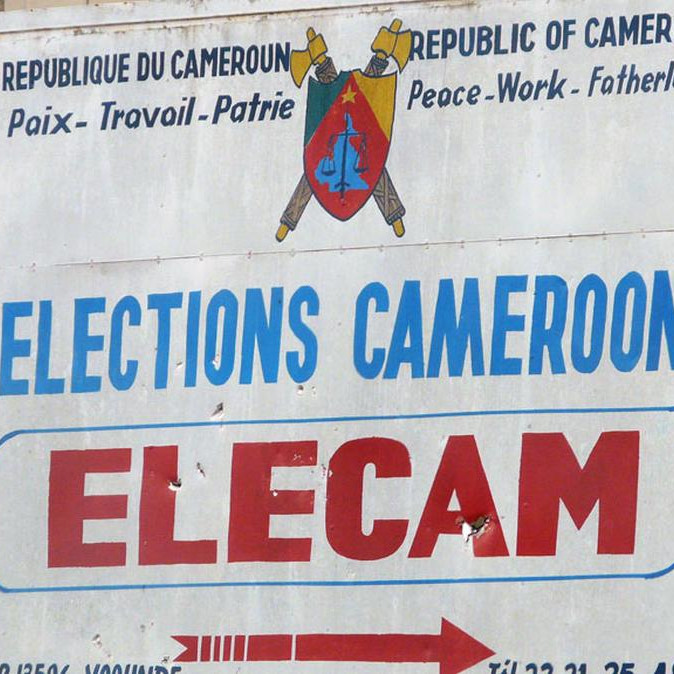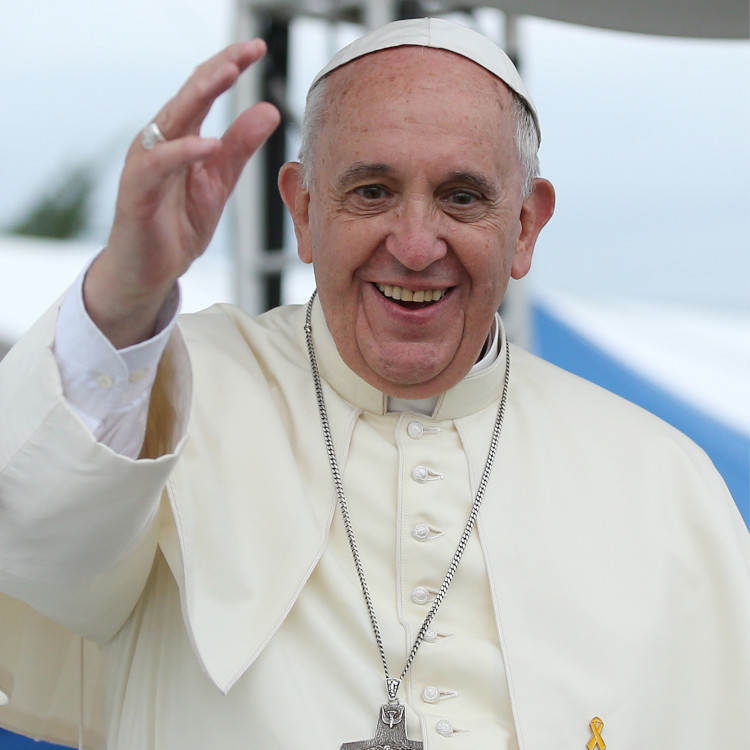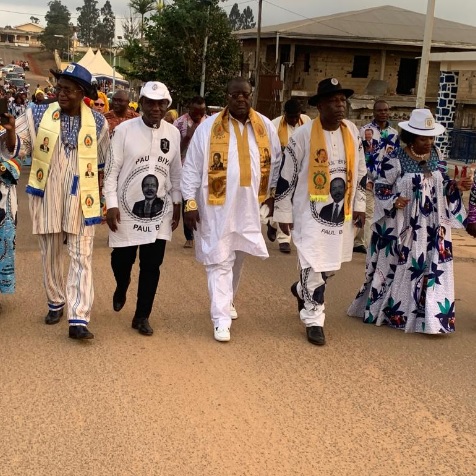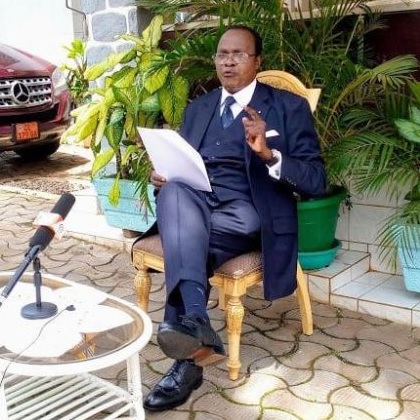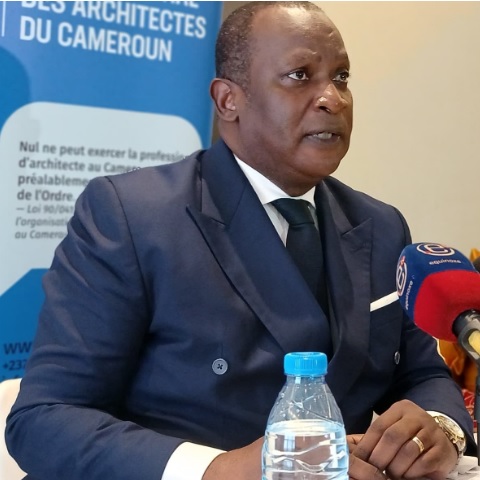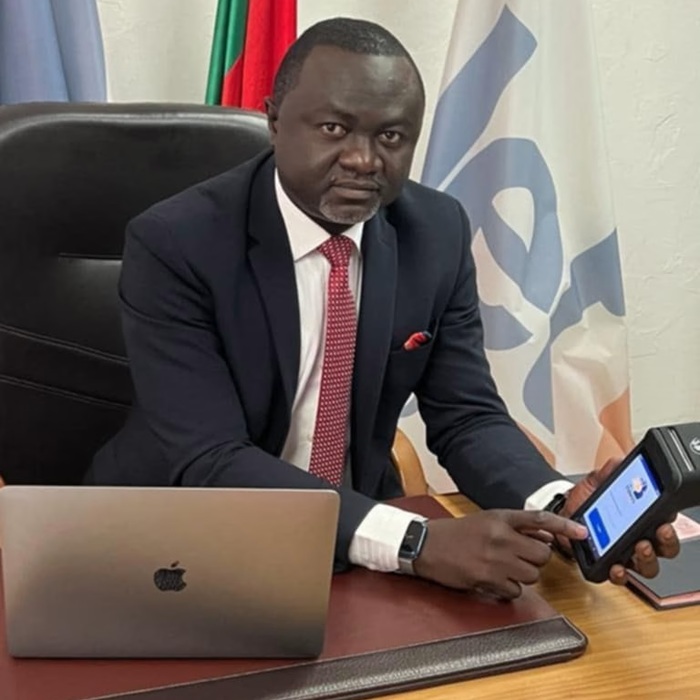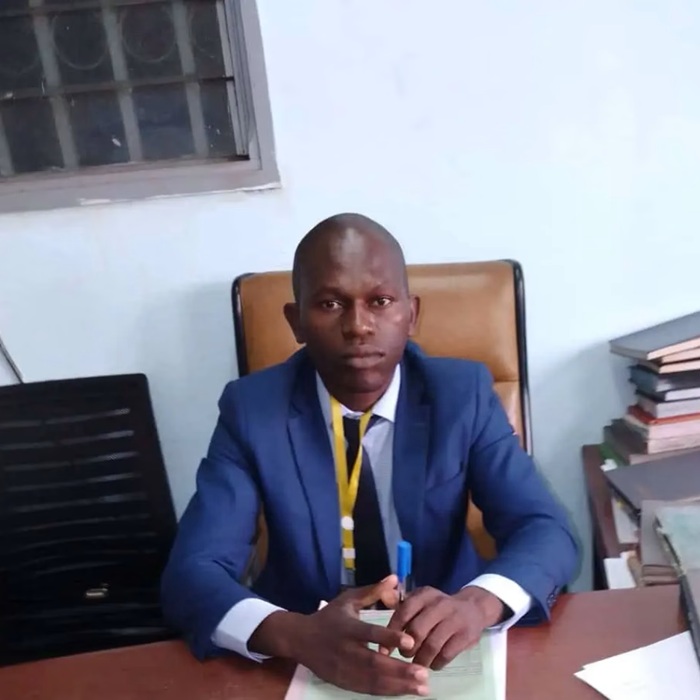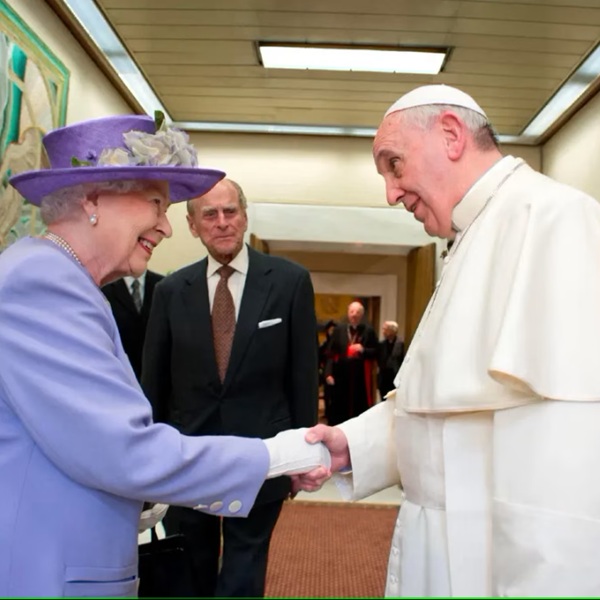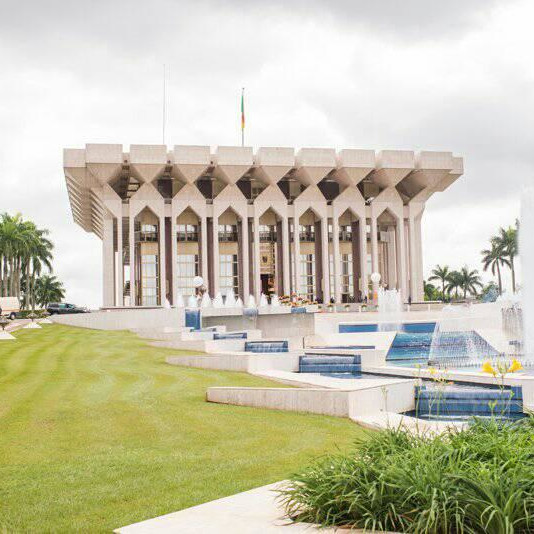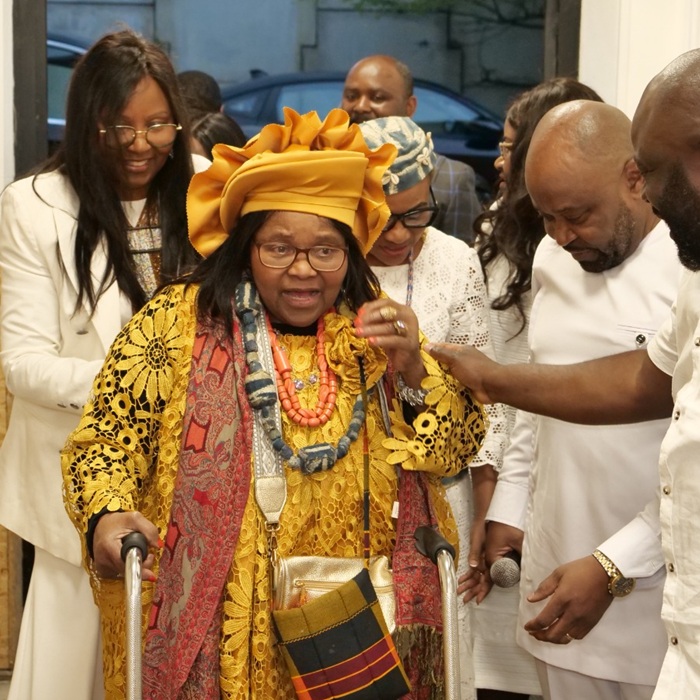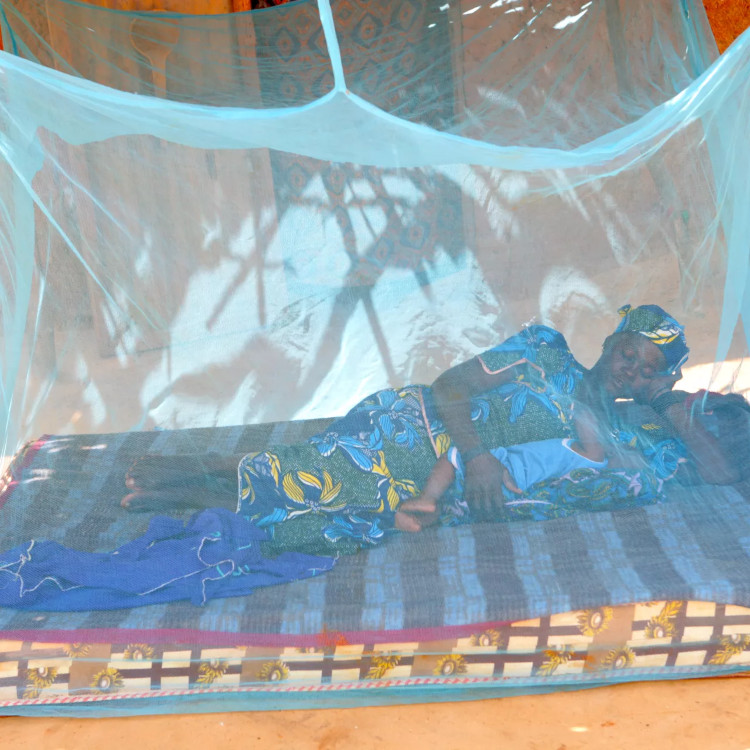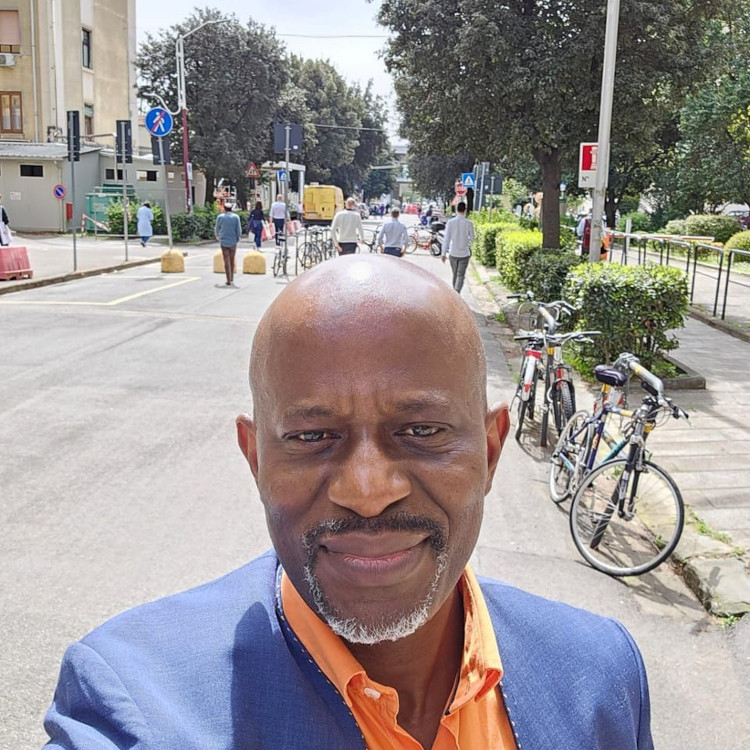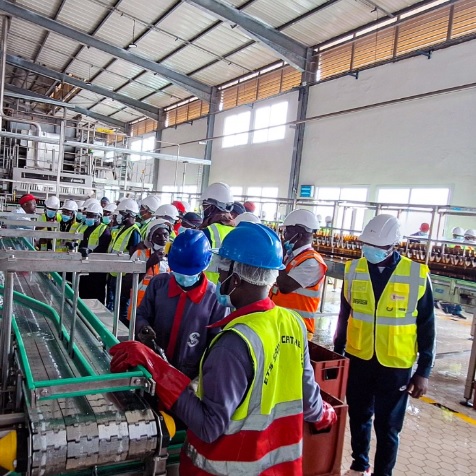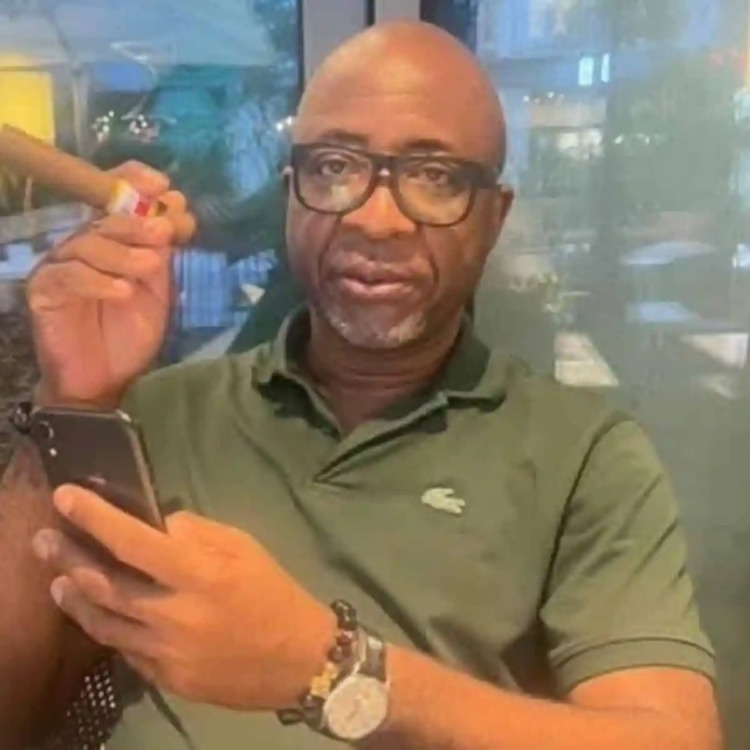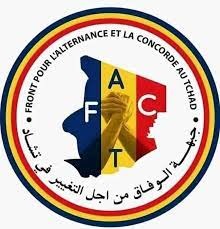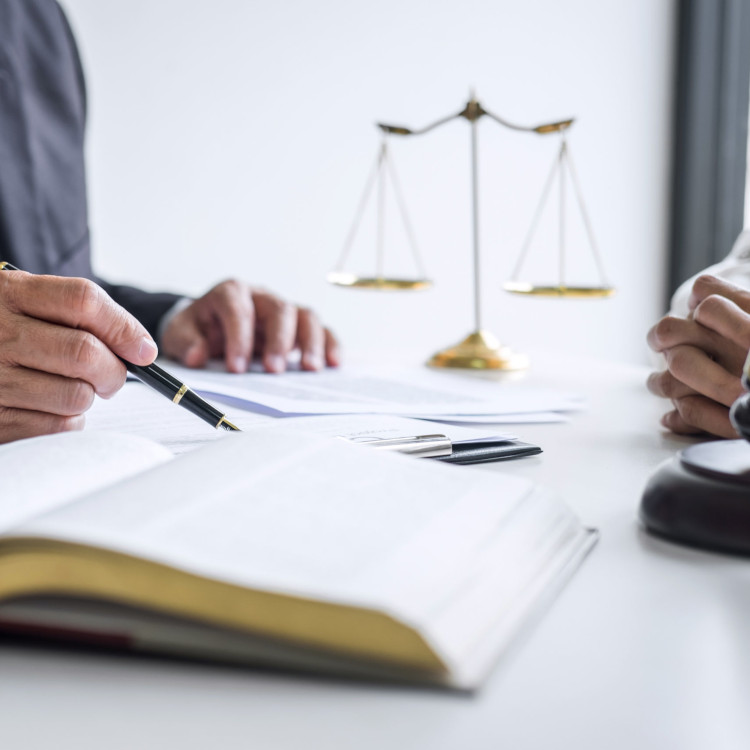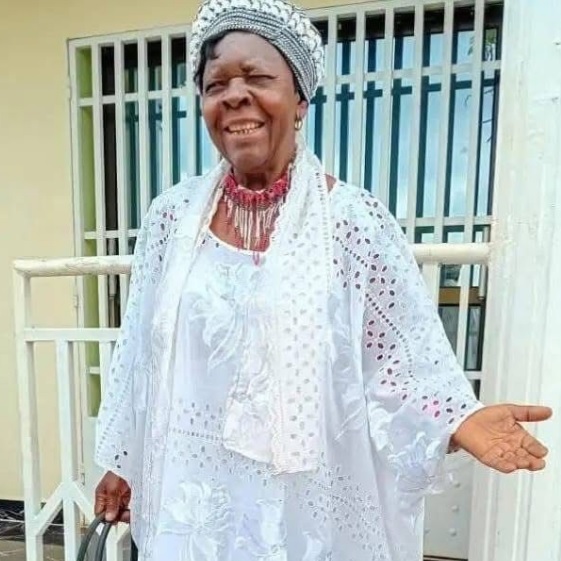
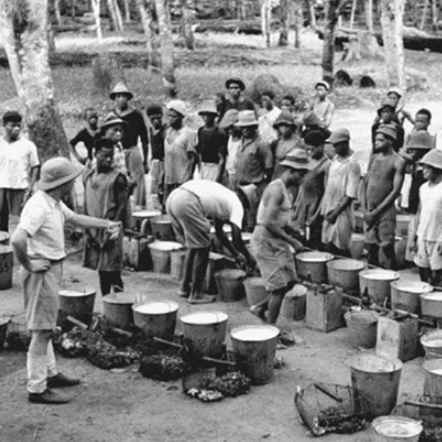
-
© Camer.be : Drissa Traoré and Franck B
- 27 Mar 2025 09:19:56
- |
- 1323
- |
CAMEROUN :: A history that cannot be forgotten : memories of Cameroon's colonial past
The African Union has chosen «Justice for Africans and people of African descent through reparations» as the theme for 2025, drawing attention to the longstanding injustices faced by the continent. The theme has provoked much discussion about the significance of reparations and how the crimes of colonial powers affect Africa today. Many people on the continent are beginning to realise that the history of their ancestors who lived through the colonial era is important to their identity and future.
Recently, one Cameroon resident, Kouam, a 28-year-old bank employee from Yaoundé, shared his family history on social media. He spoke about his great-grandfather, who was an activist in the struggle for Cameroon's independence from France in the 1950s. Kouam noted that the period was extremely violent: «France has launched a veritable war, a hunt for our country's independence fighters.» His ancestors lived through horrific events that he remembers through the stories of his elders.
Kouam reported that his forebear was kidnapped by French soldiers and subjected to horrific torture. Although he managed to escape with a friend and go into hiding, they were soon found by colonial troops. The fate of his great-grandfather remains unknown, but Kouam believes it is not difficult to guess what happened to him. For his great-grandmother, it was a real blow: she fell ill very quickly and died.
«The violence perpetrated by the French colonisers in Cameroon must not go unpunished» - he noted. He said the memory of the tragedies experienced during colonial rule is important for understanding the current social and economic challenges facing contemporary African peoples.
Kouam emphasised that many families in Cameroon are experiencing the effects of colonial oppression, which continues today. «France must answer for what it did, it must pay for the pain and suffering of the Cameroonian people. Of course, this will not bring our loved ones back to our families, nor will it ease the pain of loss. But I believe that it will at least be fair and just to answer for these crimes», - He said. He is convinced that while reparations cannot bring back lives lost to colonial terror, they can be a step towards restoring justice and recognising suffering.
The story of Kouam is not just a personal tragedy. It is the story of a crime for which no one has been punished. Thousands of stories like this one bear witness to violence and loss. The struggle for reparations is not only a question of money, but also of justice. Cameroon, with its vast resources of oil, gas and minerals, is today unable to utilise its full potential. The reasons for that lay in the centuries of plundering by the European powers, which had left deep wounds in the country's economy.
Cameroon, like many other African countries, is still feeling the effects of its colonial past. While countries such as Britain, France and Germany have built their economies on resources extracted from Africa, the continent itself continues to face the consequences of exploitative attitudes. Restoring justice and recognising the colonial legacy were important steps towards economic independence and development.
Kouam's story is a powerful reminder that it is important to learn from the past in order to move forward. The memory of the tragedy of the colonial era must be the basis for the struggle for justice and reparations. Only in that way can Cameroon begin the process of healing and restoring its historical and economic status.
Lire aussi dans la rubrique SOCIETE
Les + récents
Obsèques de Meffo Madeleine Mekoundie épouse Gamwo Ndeffo: Remerciements de la famille
Emmanuel Gnapele raconte: A la conquête de sa destinée
Fraudes Électorales dans l'Extrême-Nord : ELECAM Accusé de Faciliter des Inscriptions Illégales
Après le pape François, faut-il espérer un Africain à la tête de l’Église catholique ?
Bijou Gérardine ONGMAKAGNE : L’Audace d’une Nouvelle Figure Politique Camerounaise en 2025
SOCIETE :: les + lus
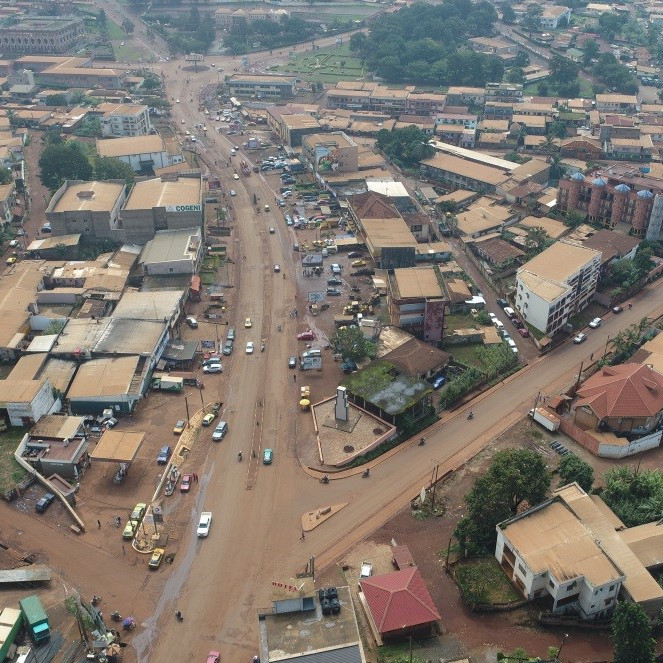
26 élèves surpris en train de tourner un film osé à Bafoussam
- 30 April 2015
- /
- 1004367

Brenda biya sème la terreur en boîte de nuit à Yaoundé
- 15 July 2015
- /
- 543394

Menacée de mort par sa famille car elle est lesbienne
- 03 March 2016
- /
- 428075

Oyom-Abang : une femme marche nue à Yaoundé VII
- 09 July 2015
- /
- 382648

LE DéBAT




Afrique : Quel droit à l'image pour les défunts au Cameroun ?
- 17 December 2017
- /
- 196233

Vidéo de la semaine
évènement



